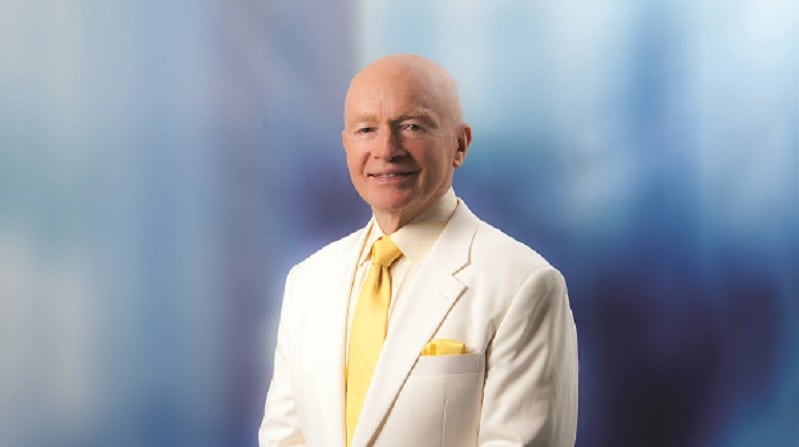“The funds have had a mixed performance and have been fairly volatile as the contrarian approach hasn’t worked well in emerging markets where a combination of political, macro and fundamental analysis are often required,” says Lowcock. “Also technology allowed for more competition to come in which arguably hampered and eroded Mobius’ ability to add value, leading to significant underperformance.”
Bringing GEMs to the masses
Darius McDermott, managing director of Chelsea Financial Services, says given the fact he gave up running most money two years ago, Mobius’ retirement does not come as a shock. In the last two years he describes him as very much a “figurehead” on the franchise.
That said, he adds: “He is probably the world’s most eminent emerging markets investor and been a big part of bringing EM equities into developed market investors.”
This is a view echoed by Ben Yearsley, a director at Shore Financial Planning, who describes Mobius as one of the managers, if not the manager, who brought emerging market investing to the masses.
“When he started out, it wasn’t popular or even part of the consciousness of UK investors,” Yearsley says. “At retirement, it is a staple of most investors’ portfolios without even a second thought of putting it in. EM investing is mainstream and I think he definitely deserves credit for that.”
From a performance perspective however, he notes Templeton was overtaken by many other managers in recent years, such as First State, Lazard and Fidelity, and also a number of specialist emerging market managers.
“So his legacy is really making EM investing mainstream,” he concludes.







